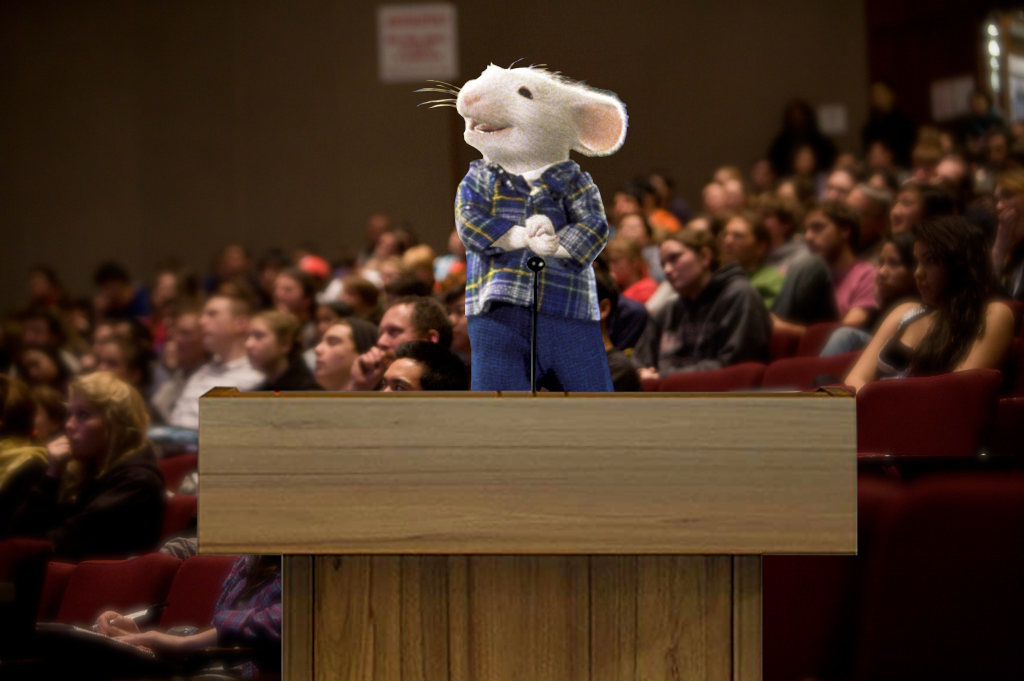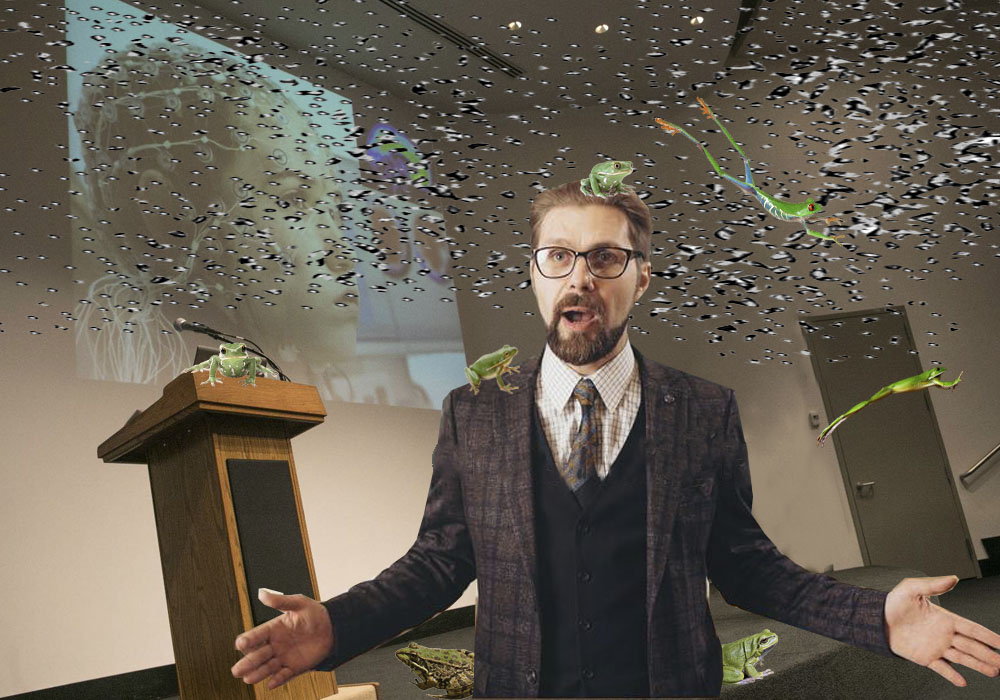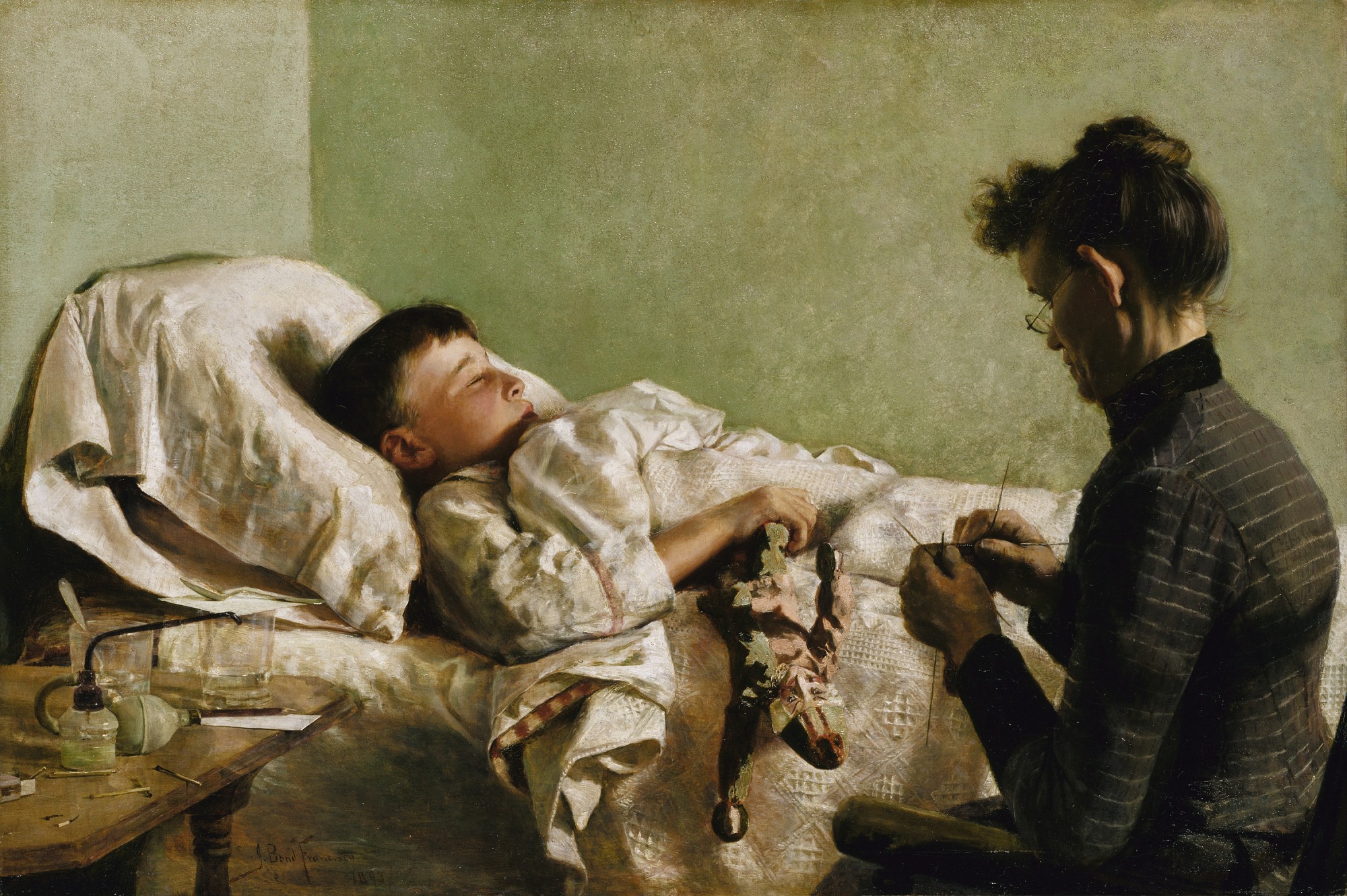
Mousey Sociology Professor Strangely Good at Identifying Cheeses, Solving Mazes
URIS HALL–Students enrolled in SOC 3105: Interspecies Dialogue were left in awe as their instructor, Professor Michael Piccolino, demonstrated his amazing ability to navigate mazes utilizing only his peculiar sense of smell. Piccolino’s jaw-dropping display was designed to illustrate the importance of learning from mistakes during the problem-solving process. The demonstration called for student volunteers…















